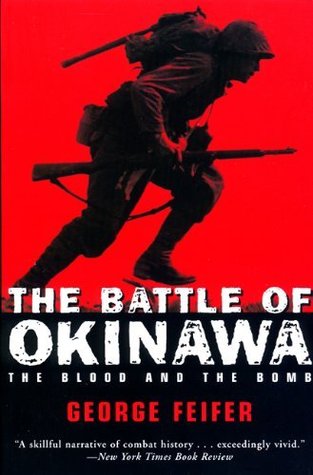More on this book
Kindle Notes & Highlights
Read between
July 22 - August 3, 2025
The "apparition of this almost supernatural weapon," said Churchill, gave the courageous Japanese people "an excuse [to] save their honour and release them from their obligation of being killed to the last fighting man." (He omitted nonfighting men, women, and children.) Perhaps some other shock might have accomplished the same, but in the end, it was the bombs that provided the face-saving opportunity. The spectacle of the immense American fleet at Okinawa, among the most graphic displays of conventional weaponry in history, had done nothing to reduce General Ushijima's 32nd Army's
...more
Again, however, the crucial factor was resolution, not numbers. The Japanese leaders, especially War Minister Anami, had no incentive to surrender because they were fighting their different war — for face and honor, not victory.
Perhaps paradoxically, the way out may be seen as supporting an old Japanese belief that mercilessness is the swiftest route to a merciful peace. Japanese hatred of her white enemies was certain to have swelled as their conventional bombs and shells destroyed the country. Were the atomic bombs humane in the long run by quickly ending the war and curbing that? Didn't the Vietnam War's years of peace negotiations take many more lives?
All that is of course speculative, and nuclear weapons may yet become the scourge of humanity by fatally contaminating the planet, if not demolishing large parts of it. But until then, if and when that happens, Okinawa's caves, killing grounds, and anguish should be remembered, together with the total of deaths there, which was greater than in Hiroshima and Nagasaki combined. The ambivalent human record suggests that the first atomic bombs probably prevented the homicidal equivalent of scores more of the same: the five to ten million Japanese deaths if invasion had been necessary, in addition
...more


